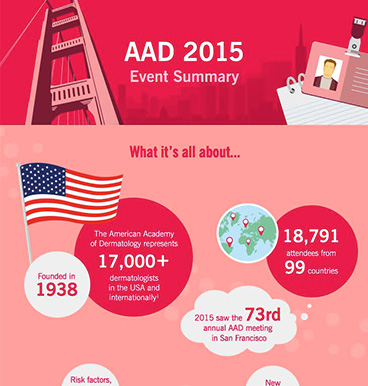From talking to your doctor and going out with friends to that nerve-racking first date, we develop relationships in all areas of our lives, every day. Regardless of their nature, all of these are examples of 'social relationships'; an umbrella term used to describe the 'sum of the social interactions between people over time'1 that can be used to describe any personal, familial, social or professional connection. Both the quantity and quality of these relationships can impact your life in ways beyond just your mood, and provoke both short and long-term effects on your behaviour and mental and physical health.2 Some effects are good, �and some not so much, but all have the potential to contribute to your future wellbeing.
A 'healthy' relationship
Did you know that social relationships can have a drastic effect on your health? We have pulled together our top 6 interesting facts about the positive and negative impacts of relationships on your daily health.
The benefits...

1.Social relationships can have a positive impact on your life, and help you live longer
A study has shown that in adults, a strong social network lessens your chances of passing away from coronary artery disease by almost 2.5 times, compared to adults with the same condition who are more socially isolated.2
2. Social relationships can prevent a variety of medical conditions
Studies have shown that the more social ties you have, the less likely you will be to develop or suffer from a broad spectrum of medical conditions, including cancer, cardiovascular disease, heart attacks, high blood pressure, reduced immune system function and depression.2
3. Social relationships can prevent stress and increase positivity
Mental health is an essential component of your overall wellbeing3 as it can determine your physical health.2 The social support gained from relationships can prevent stress and nurture feelings of support and positivity. This in turn can reduce blood pressure, and offer physical health benefits throughout your body.
and the pitfalls

1. Relationships with risk-takers can introduce similar unhealthy habits in yourself
Social relationships with people who eat unhealthily or drink excessively can begin to make these behaviors seem normal. Over time, this can lead to your own increased intake of alcohol and unhealthy food, potentially leading to alcoholism, obesity and other associated illnesses.2,4,5
2. Childhood relationships and experiences can influence wellbeing well into adulthood
Studies have shown that negative experiences during childhood such as bullying can leave lasting effects on your adult health.6 People who have been bullied as a child are six times more likely to suffer from a serious illness, to smoke regularly or to develop a mental illness compared to those who were not bullied.6
3. The stress of a relationship can lead to unhealthy habits
Relationships can be stressful at times, possibly causing you to take up unhealthy habits like smoking, excessive drinking or unhealthy eating.2,7 This behavioral change as a result of your emotions can also affect your bodily functions and lead to a raised blood pressure.2,7 In the long run, these habits may cause you to become ill, and make your stress even worse.
Having many, good-quality social relationships can be an incredibly beneficial asset in life, but there are also drawbacks and disadvantages that many do not realize exist
Why not share your own relationship experiences on our chronic spontaneous urticaria (CSU) Facebook community
or take a look at our latest articles, written by people with skin conditions and those who care for them.
Social relationships can keep you going when your world is standing still, however not all experiences are positive, and some can lead to stress and unhealthy behaviors. So remember, life is a balancing act, and relationships are no exception.













Join one of our communities
and connect with other people with severe skin conditions
Psoriasis facebook community